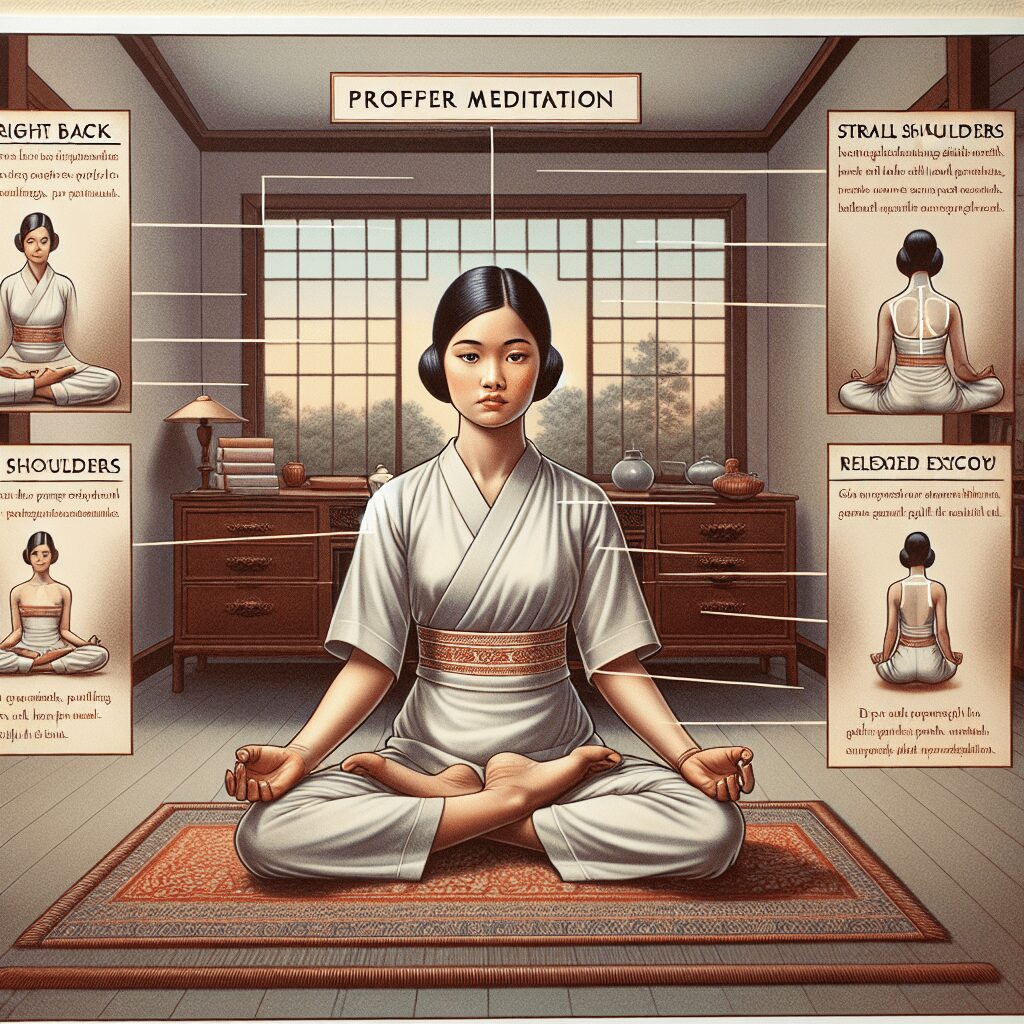
Prioritize your mental well-being daily. Enhance your life by nurturing your mental health with the Smart Meditation app. Break free from stress, alleviate anxiety, and enhance your sleep quality starting today.
Can Lack Of Sleep Cause Kidney Problems?
Unveiling the Connection: Can Skimping on Z’s Harm Your Kidneys?
Ever pulled an all-nighter and felt off-kilter the next day? Most of us have, thinking it’s nothing a good cup of Joe can’t fix. But here’s the kicker – regularly scrimping on sleep might be doing more harm than a simple next-day slump. Emerging research suggests a tie between chronic sleep deprivation and a roster of health woes, including the potential impact on one of our body’s unsung heroes: the kidneys.
A Deep Dive into the Nighttime Routine and Kidney Function
The Role of Z’s in Body Regulation
Our bodies are like finely-tuned orchestras, with each system playing its part in harmony. Sleep, often seen as downtime, is actually prime time for the body to repair, restore, and reboot. During these precious hours, the brain and body are anything but idle. Among its many roles, sleep regulates hormones, solidifies memory, and repairs muscle tissue. And yep, you guessed it – it plays a part in kidney health too.
The Sleep-Kidney Axis: Connecting the Dots
Kidneys are the body’s natural filtration system, working round the clock to clear toxins, balance fluids, and manage blood pressure. Here’s where things get interesting – certain kidney functions, like filtering and urine production, dial down at night, allowing these organs to catch a break and recuperate. But when sleep is cut short, this cycle gets out of whack.
Research suggests that chronic sleep deprivation can lead to high blood pressure and diabetes, two leading culprits behind kidney disease. Furthermore, a study published in the journal “Kidney International” highlighted a startling link between sleep duration and kidney function decline. In a nutshell, individuals getting less than the recommended 7-8 hours of shut-eye nightly had a faster decline in kidney function compared to their well-rested counterparts.
Factoring In Sleep Quality
But it’s not just about clocking in the hours; the quality of sleep matters too. Conditions like sleep apnea, where breathing repeatedly stops and starts throughout the night, can lead to nightmarish health outcomes. Sleep apnea is particularly nefarious, as it can cause a cascade of issues like fluctuating oxygen levels and chronic daytime fatigue, which, in turn, can stress the kidneys further.
Lifestyle Adjustments to Shield Your Kidneys
Worried about your kidneys in the wake of sleepless nights? Fear not. There are actionable steps to mitigate risks and promote both kidney health and quality sleep.
-
Prioritize Sleep: It sounds obvious, but making sleep a non-negotiable part of your daily routine can do wonders. Aim for 7-8 hours of quality shut-eye each night.
-
Regular Check-Ups: Keep tabs on your health. Routine blood pressure and diabetes screenings can catch issues early before they escalate to kidney problems.
-
Mind Your Diet: A kidney-friendly diet low in sodium, processed foods, and sugar not only supports overall health but can improve sleep quality too.
-
Stay Active: Regular physical activity can bolster sleep quality, help control blood pressure and sugar levels, and, by extension, kidney health.
-
Beat Stress: Easier said than done, right? But stress can wreak havoc on sleep and overall health. Techniques like meditation, yoga, or even a simple evening walk can help dial down the stress meters.
So, does lack of sleep cause kidney problems? The evidence is leaning towards a yes. While skipping a few hours here and there might not land you in hot water, chronic sleep deprivation can set off a domino effect with consequences that ripple through your body, kidneys included. Investing in rest is not just about dodging the day-after drowsiness; it’s a crucial piece of the puzzle for long-term health, acting as a guardian of your kidneys and overall wellbeing. Remember, when it comes to health, every z counts.





